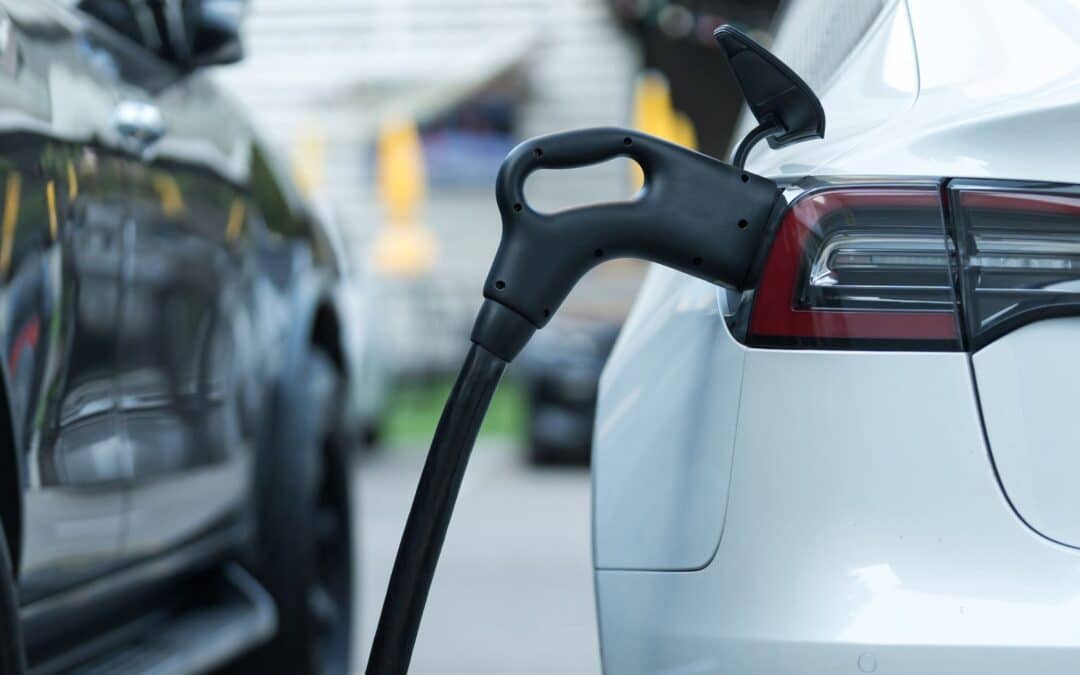Rear-end collisions are among the most common types of motor vehicle accidents in Chicago. With the increasing presence of driverless cars on city roads, questions surrounding fault and liability have become more complex. This article delves into the intricacies of rear-end collisions involving autonomous vehicles, exploring the factors that determine fault and the implications for Chicago personal injury cases.
Understanding Rear-End Collisions: Causes and Consequences
Rear-end collisions occur when one vehicle strikes the rear of another. In traditional accidents, driver error is often the primary cause. However, with driverless cars, the dynamics of fault shift.
The Role of Autonomous Technology in Rear-End Collisions
Autonomous vehicles rely on sophisticated sensors, GPS, and artificial intelligence to navigate roads. While these systems aim to reduce human error, they are not infallible. Malfunctions, software glitches, or inadequate training data can contribute to rear-end collisions.
Determining Fault in Rear-End Collisions Involving Driverless Cars
In Chicago, determining fault in rear-end collisions involving autonomous vehicles involves considering:
- Manufacturer liability: Software or hardware failures can lead to accidents, placing liability on manufacturers. This may include failures in sensor systems or programming errors.
- Operator error: Human oversight or failure to maintain the vehicle can contribute to fault, such as neglecting software updates or ignoring warning signals.
- Regulatory compliance: Adherence to evolving autonomous vehicle regulations impacts liability, including compliance with safety standards and testing protocols.
Factors Influencing Fault Allocation
Several factors influence fault allocation in rear-end collisions involving driverless cars:
- Vehicle maintenance records: Regular maintenance and software updates demonstrate responsible vehicle ownership, reducing potential liability. Inconsistent or incomplete records may indicate negligence.
- Sensor and software data: Analysis of sensor data and software logs helps identify potential malfunctions or system failures. This data can provide critical evidence in determining fault.
- Accident reconstruction: Expert analysis of the accident scene and vehicle damage helps recreate the events leading to the collision, clarifying the sequence of events.
Chicago Personal Injury Considerations
In rear-end collisions involving driverless cars, Chicago personal injury victims may seek compensation for:
- Medical expenses: Treatment and rehabilitation costs for injuries sustained, including long-term care or physical therapy.
- Lost wages: Income lost due to accident-related injuries, including potential future earnings or opportunities.
- Pain and suffering: Emotional distress and decreased quality of life, including anxiety, depression, or PTSD.
Motor Vehicle Accident Laws in Illinois
Illinois laws governing motor vehicle accidents provide a framework for resolving fault and liability disputes:
- Modified Comparative Fault: Plaintiffs can recover damages if they are less than 50% at fault, ensuring partial compensation even if shared responsibility is established.
- Statute of Limitations: A two-year time limit for filing personal injury lawsuits encourages timely action and resolution.
Navigating Insurance Claims and Liability Disputes
Insurance claims and liability disputes involving driverless cars require specialized expertise:
- Insurance coverage: Understanding policy limitations and autonomous vehicle-specific coverage ensures adequate protection.
- Liability negotiations: Skilled negotiation with manufacturers, insurers, and other parties facilitates fair compensation.
Conclusion
Rear-end collisions involving driverless cars raise complex questions about fault and liability. Understanding these factors is crucial for navigating Chicago personal injury cases.
If you’re looking for an experienced Chicago personal injury lawyer to help navigate your personal injury claim, we will fight assiduously for your right to the compensation you deserve. Call Bizzieri Law Offices at 773.881.9000. The case evaluation is free, and we never charge a fee unless we recover damages for you.

